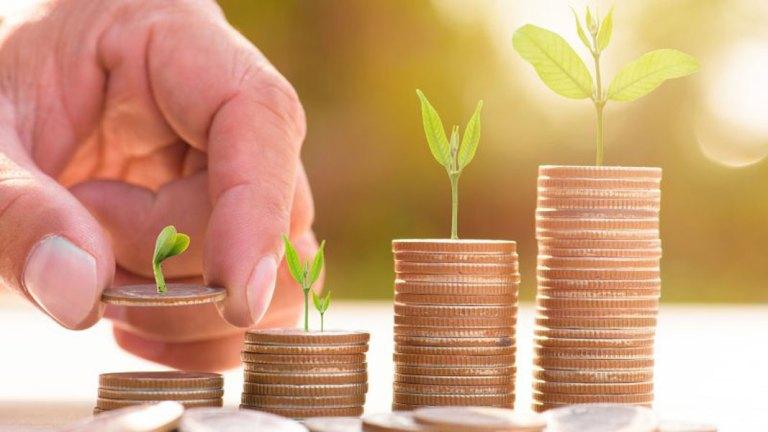Africa-Press – Mauritius. The environment is too important a thing to be left in the hands of environmentalists. Economists are also having their say, as can be seen from the cover of The Economist, September 19, 2019, devoted to the climate issue.
As early as the early 1990s, the issue of climate change in economics emerged thanks to William Nordhaus, the first researcher to create a quantitative model that describes the interaction between economy and climate.
And on October 8, 2018, this American economist received the Nobel Prize in economics for his work on integrating climate change into macroeconomic analysis.
The economist’s place in the environmental debate is all the more essential since most environmentalists ignore economic issues. For these new sixty-eighters, of which Greta Thunberg is the standard-bearer, nature is not soluble in the market.
Environmental economists maintain, on the contrary, that physical constraints can be taken into account by market mechanisms, by regulating the drawbacks (which economists call “negative externalities”) which is integrated into a subtle calculation.
cost-benefit. This utilitarian approach to the environment is far more pragmatic than deifying a nature in which man is only an invasive species. Environmental protection must consider economic efficiency if we are to access physical security while managing environmental costs.
No one denies the existence of a climate problem: floods will increase with rising water levels, heat-related diseases will increase, and agricultural yields will decline – all challenges for Mauritius.
But as the British magazine writes, “market economies are the wells that produce the response climate change requires”. To deep ecology, it is necessary to oppose the ecology of the market.
Here, the environment becomes the object of financial transactions. A well-known example is the activity of collecting, recycling and reselling plastic waste. To give it a market value, let’s first encourage household recycling: well-ordered charity begins with oneself.
This should make it possible to recycle half of the plastic bottles by transforming them into PET (polyethylene terephthalate) granules intended for the manufacture of sneaker soles.
The caps can also be crushed and resold for the plastics industry and for the production of waste bins and toothpaste tubes. A good recycling rate can be obtained by implementing very selective sorting in landfills and improving the collection rate.
The hunt for used bottles will give ecological interest to this new market. To this end, we must establish a deposit system for plastic bottles (and also batteries) where they can be resold at points of sale (which have also become collection points) at a price that encourages people to bring them back.
This price will be a market price. It will depend on the market share of each collector. It will depend on the resale price of a ton of plastic bottles collected, knowing that a ton represents 30,000 bottles.
It must be incorporated into the selling price of the full bottle to be paid to collectors according to the law. The cost of collection is paid by the end customer.
The whole question is whether this is such that it will make the fundraising motivating. To do this, we will have to find an “optimal” price, that is to say a price at which we maximize our income under cost constraints.
This optimization calculation, Nordhaus uses to economically value the effects of the climate. The fight against global warming is not an end in itself, but a means of safeguarding the economic and environmental conditions conducive to human well-being.
The economist establishes a damage function that links variation in temperature and precipitation to loss of potential GDP. A 6-degree rise in temperature could, according to him, cost 10% of global GDP in 2100.
A scenario that remains preferable to secular stagnation or decline, dear to green fundamentalists. The challenge is to apply an optimal carbon price that is high enough to offset the damage caused by global warming, but low enough not to halt economic growth.
The double dividend of green taxation More generally, green taxation will be relevant if it gradually replaces traditional taxation, or if the latter is not burdensome. Ecological taxes would both protect the environment and shift compulsory levies towards polluting activities.
This double dividend will only be obtained on three conditions: the tax bases are calculated on the basis of negative externalities linked to environmental degradation; demand for a product is highly elastic, inversely proportional to the levy rate assigned to it; and a substitution effect is playing out to redirect consumption.
This dubious rhetoric that economic growth is the enemy of environmental security needs to be dispelled. It is indecent to tell the 700 million still undernourished people to remain in extreme poverty on the grounds that raising their standard of living would increase carbon dioxide emissions.
Generated by the market economy, growth enables a country to acquire better infrastructure, technologies and a health care system, which make people more resilient to natural disasters. It is this which conditions human development.
For More News And Analysis About Mauritius Follow Africa-Press







